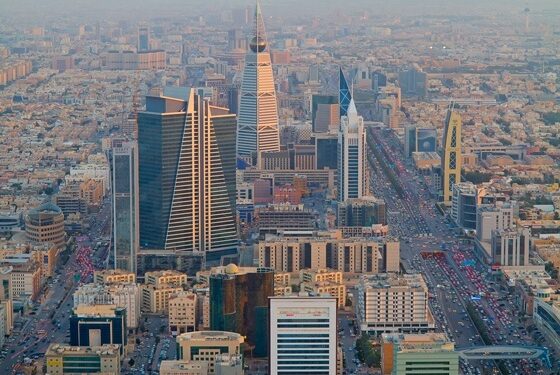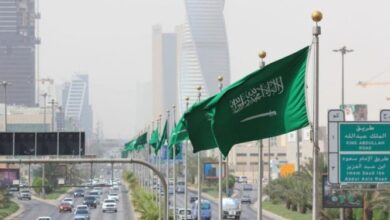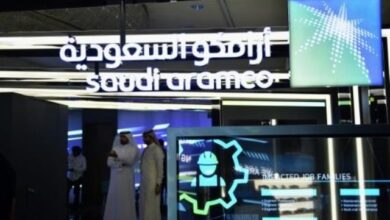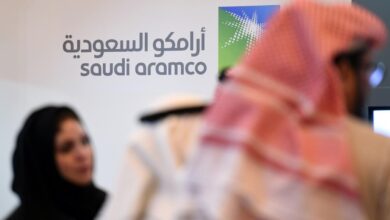Foreign companies ignore Bin Salman’s economic temptations to move their headquarters to Riyadh

Saudi Crown Prince Mohammed bin Salman is leading a campaign to persuade multinational companies such as Google and Siemens to move their regional headquarters from Dubai to Riyadh.
Under the initiative, dubbed the “program headquarters,” bin Salman provided incentives to pioneering companies.
According to the Financial Times newspaper, these companies are leaders in information technology, financial services, and oil.
The British newspaper cited information from consultants advising the government and executives who listened to the presentation.
The newspaper pointed out that the initiative promotes some foreign investment support, sorting the Crown Prince’s ambitious vision to establish the Kingdom as a regional business centre.
“They are looking at regional headquarters, not operating units, so they want the top leadership,” said an executive familiar with the plans.
“I think it’s a matter of optics,” the official added, “We are a serious player, we are the largest market, we want the companies doing business here to be their headquarters.”
Dubai competition
The campaign underlines how the Kingdom, the largest economy in the Gulf, uses its financial clout to increase competition with Dubai, the regional hub for trade, finance and tourism.
Bin Salman is leading the development of a series of megaprojects.
Almost all of the major companies operating in the oil-rich Gulf region have regional headquarters in the United Arab Emirates.
The Saudi move comes as Gulf economies grapple with the pandemic and the collapse of oil prices.
The campaign gained momentum ahead of the annual investor conference of the Public Investment Fund, the sovereign wealth fund chaired by the Crown Prince, scheduled to begin January 27.
An executive said he believed the Kingdom hoped to offer Memoranda of Understanding with companies that have temporarily agreed to move to Riyadh.
This highlights the progress made in Prince Mohammed’s “Vision 2030” plan to modernize the Kingdom and reform its economy.
Saudi temptations
“It is like someone who has not been exploited,” said a consultant working in the Kingdom, referring to the companies being contacted.
Executives said the Kingdom wants to attract the groups to the King Abdullah Financial District, a massive development project that includes 59 skyscrapers in northern Riyadh that are short on tenants.
“It is about attracting major international tenants,” said a Saudi government advisor who has seen the plans.
Three advisers also said the incentives offered include a 50-year tax exemption.
But executives said the companies had been lukewarm toward “program headquarters” because they had balanced the fallout from relocating CEOs from Dubai, which are more liberal, connected and have modern infrastructure including good schools.
Consultants and executives said the companies were considering moving various business units – if not their regional management – to Riyadh to assuage Saudi concerns.
Investment concerns
Many companies put aside any concerns about the reputation of the business in the Kingdom after the brutal 2018 murder of Jamal Khashoggi by Saudi agents and other human rights violations.
Google Cloud last month agreed with Saudi Aramco, the state oil company, to provide the infrastructure for cloud computing services.
According to the agreement, the technology company will open its first office in the Kingdom.
The Saudi Telecom Company announced a $500 million deal with Alibaba Cloud, part of the Chinese group, for similar services.
Western Union invested $200 million for a 15 per cent stake in the Saudi Telecom Company’s mobile wallet unit.





